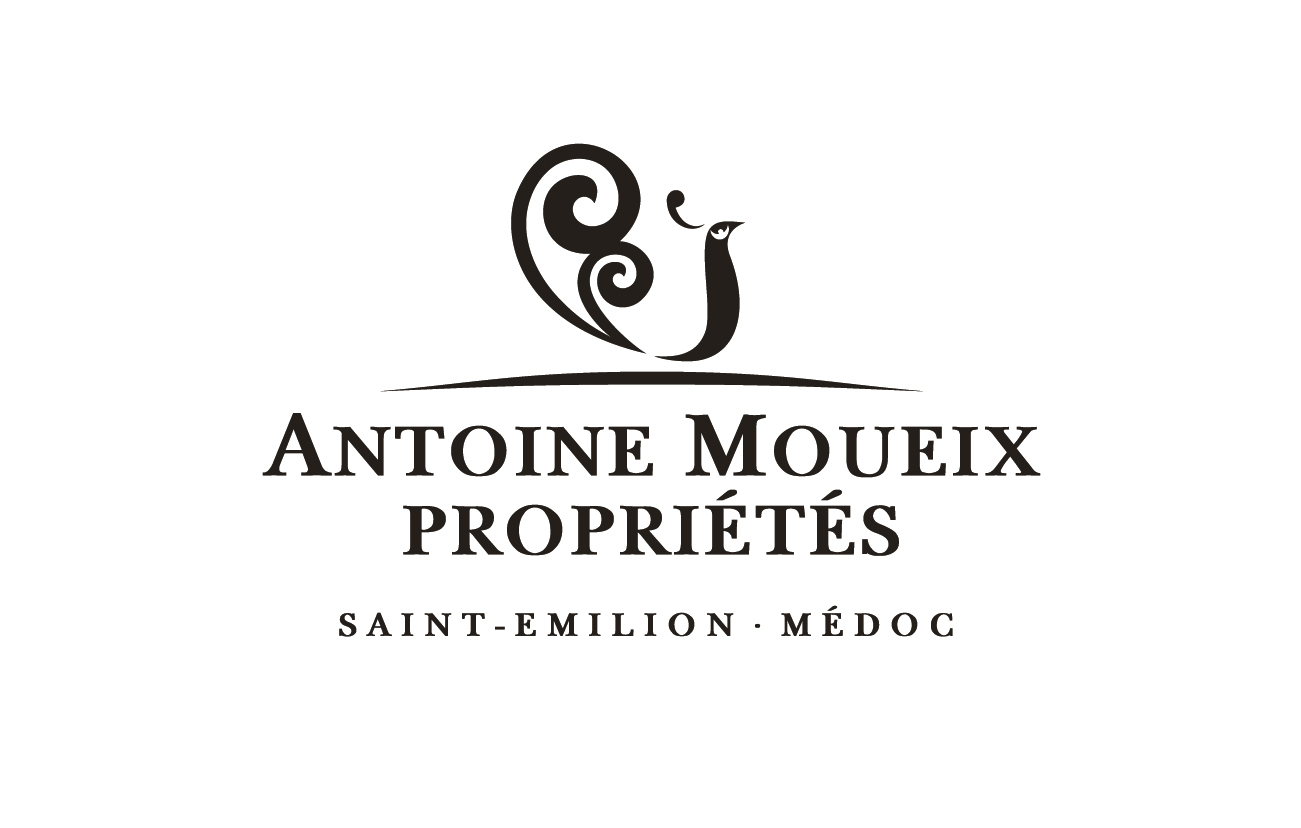Le Relais de
Patache d’Aux2016
Le Relais de
Patache d’Aux2016

Climatic conditions
The 2016 vintage combines all requisite characteristics for a great vintage: well-balanced flowering giving excellent fertilisation, a summer with a significant lack of water and intense sunshine, and late but balanced ripening. Grapes ripened in sunny conditions with marked thermal amplitudes, favouring the anthocyanin synthesis behind the wine’s deep colour. Water constraints became more moderate as harvest approached, with very little arrested maturity in the driest areas. Château Patache d’Aux’s vineyards were all harvested at optimal maturity with highly promising intrinsic potential. Only the driest areas of the gravel outcrop experienced physiological impact, forcing a harvest deficient in alcohol but with sound skin maturity. The vintage was more marked by climate impacts than terroir, with the quality of otherwise average plots enhanced during this particularly productive, high quality vintage!
Vintage presentation
In the tradition of great wines, Relais et Chevaux de Patache d’Aux have medium tannic structure, which is markedly higher than in previous vintages. 30% of the volume was placed in two-wine barrels and 80% kept in vats, to preserve the fresh fruit potential. Second wines were vinified and matured to promote high drinkability, even when still very young.
From the vine to the glass
Given the optimal level of maturity of both skins and pulp, extraction phases were easy to manage, supported by pumping over and racking at the start of fermentation, to promote extraction of colour and tannins. The extraction phases were limited from mid-fermentation onwards. As polyphenolic potential was very high, the number of extractions was limited. Maceration phases on the marc were generally quite long, around 4 weeks for Cabernet and 3 weeks for Merlot, allowing for optimal coating of all extracted matter.

